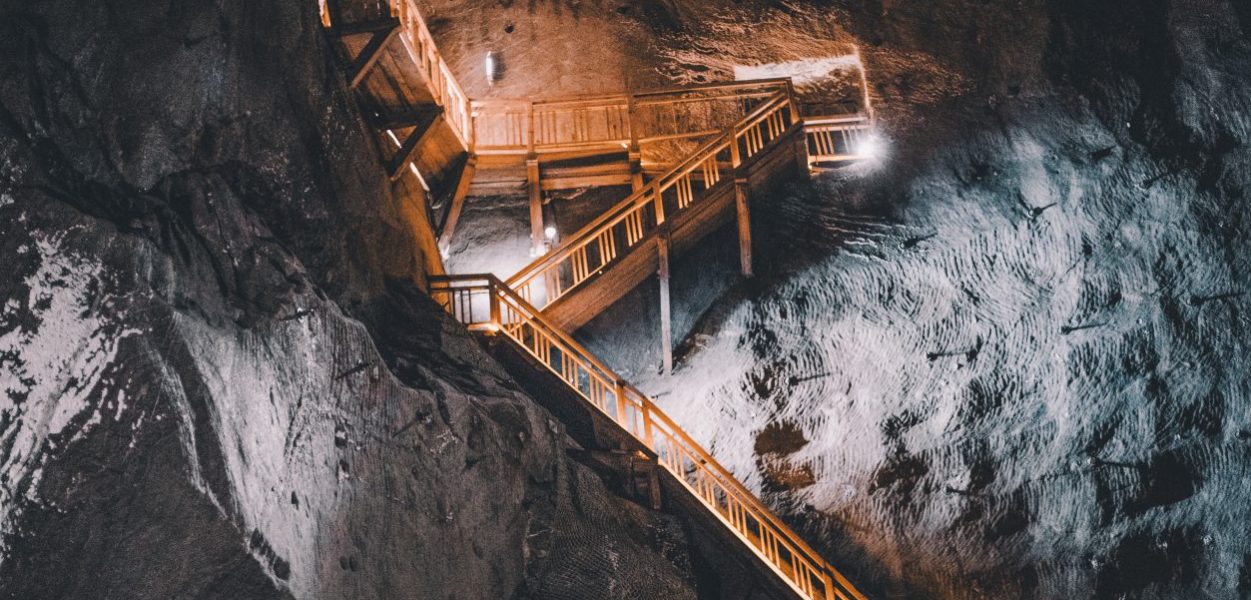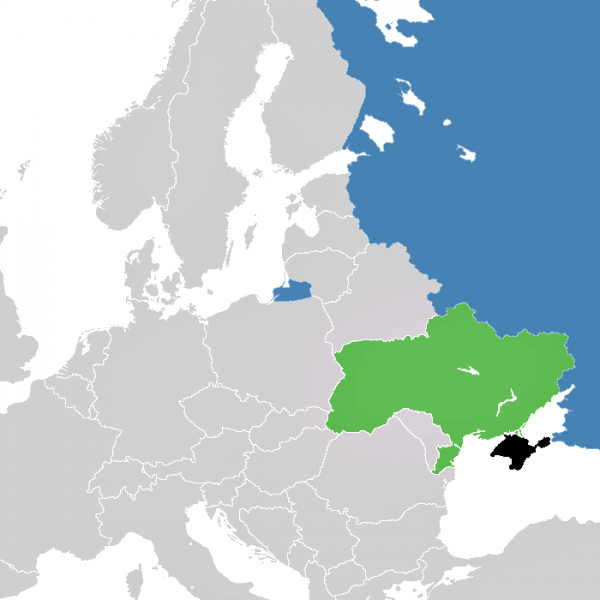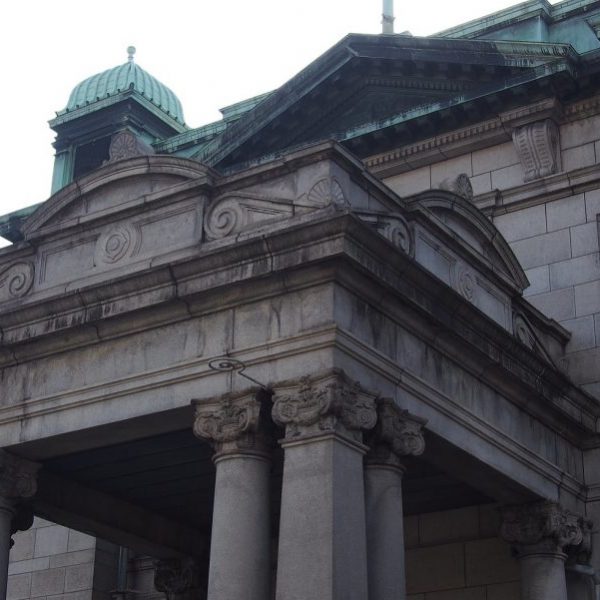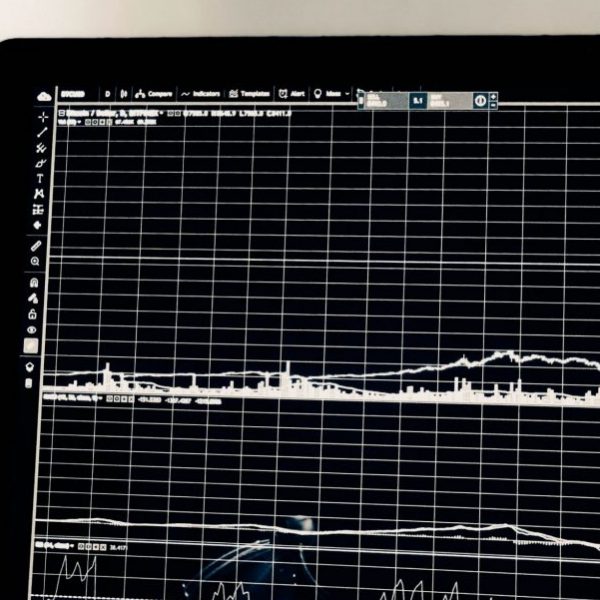Mining and the Rise of Capitalism
Jeannette Graulau—
From David Landes’s Prometheus Unbound to Giovanni Arrighi’s Origins of Our Times, scholars continue to quarrel over one of the most difficult questions of all time: the why, how, and where of the origins of capitalism. Some return to the inexhaustible argument of England’s Industrial Revolution. Others, demystifying this story, go for more audacious formulations like the “5,000 years of world system” à la Gunder Frank.
However, to look for mining’s role in “unbounding Prometheus” or the origins of our times is similar to looking for a needle in a haystack—this, despite the fact that medieval mining was the industry that produced silver, the “oil that moved the wheels of the global economy.” Mining pioneered responses to “the old classical devil of diminishing returns” centuries before David Ricardo debated the matter. Mining created credit instruments that were pivotal to the ascent of modern banking in Western Europe. Above all, mining vigorously adapted and responded to what later became one of the most urgent problems of capitalist industry: how to increase labor productivity.
Traditional political economy is to blame for the lack of studies about mining. It surrendered any inquiry on the subject to Adam Smith’s heuristic device of “the butcher, the brewer and the baker.” It ignored that Smith was recalcitrantly against Spanish mercantilism, and so had no other option but to argue that mining was “the most disadvantageous lottery in the world.” Marxist political economy is to blame, too, for placing mining outside the history of capitalism. Staunchly convinced that mining was the realm of “proto-capitalism,” as Marx argued, Marxists insist that mines were exploited by powerful surplus-extracting lords. Unlike the advanced stage reached by agrarian labor, mining labor remained confined within a “feudal mode of production” and constrained by the cycles of nature. Much of the debate stemming from these ideas has thus become redundant and parochial, as it is grossly incapable of engaging with new evidence that sheds light upon mining’s role in the rise of capitalism.
The medieval mining industry was unlike any other productive activity. “Piercing mountains with tunnels”; sinking shafts at depths that could reach 300 feet; timbering mine walls, adits, and galleries; transporting ores and inputs; renting beasts of burden; paying land surveyors, foremen, and expert miners; and building waterwheels and ore-smelting factories; all these were costly stages of production. Above all, solving the problem of fondinae aquaticae or shaft flooding required money. Money came not from lords’ rents, but from a new economic agent of the medieval world: the shareholding mining corporation.
Holding sixteen partii or shares in the case of Alpine companies, and up to thirty-two trente or shares in Sardinia, medieval mining corporations were advanced private businesses. Organized hierarchically, the medieval mining corporation had secretaries, accountants, chief engineers, experts in mine geometry, cashiers, and financial officers. Wherever it flourished, it established rules for leasing, selling, mortgaging, donating, and inheriting mining shares—all at the expense of lords. More importantly, corporations were dominated by powerful groups of private citizens who paid the costs and enjoyed profits from the exploitation of the underground wealth of nations. An unprecedented economic change was triggered by the progress of the medieval mining corporation. The underground wealth of nations was an economic reality in the making, forging capitalist relations long before the rise of modern capitalism. Exploitation of mines depended not upon “the regularity of natural phenomena,” as political economy thinkers argued, but upon mining corporations. The latter hastened the dissolution of feudal lordly power by driving capitalist change in mining lands.
Jeannette Graulau is associate professor of political science at Herbert H. Lehman College, The City University of New York.
Further Reading:



























